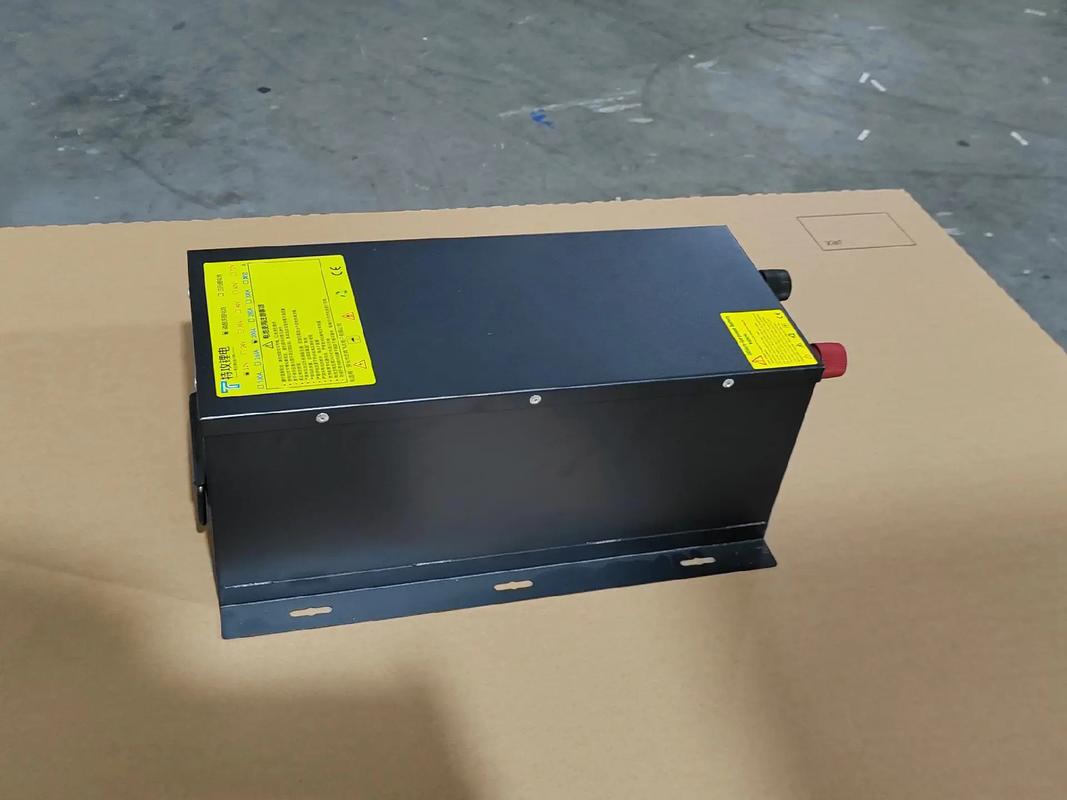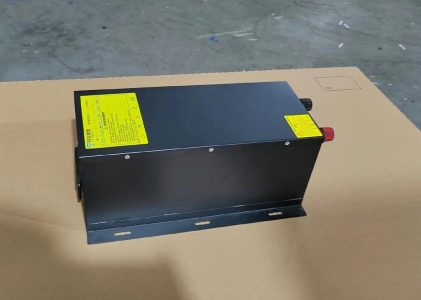The cost of battery packs for new energy vehicles varies greatly depending on factors such as vehicle model and battery type. Taking the Volkswagen ID series as an example, it adopts Ningde Times’ 811 ternary lithium battery, with a cost of nearly 60000 RMB for 84.8 kWh battery cells, plus high-strength housing and battery management hardware, the total cost exceeds 70000 RMB.
The average cost of BYD’s new energy passenger car battery pack produced in 2019 was 0.85 RMB/Wh. After using lithium iron phosphate blade batteries, the cost is expected to decrease. Among models priced below 100000 RMB, the battery pack of the Great Wall Euler White Cat has a zero cost ratio of 79.11% per unit, with a replacement cost of 68800 RMB.
Among the models priced between 200000 and 300000 yuan, the single piece zero cost ratio coefficient of Jike 001 is the highest, reaching 53.44%. Among models priced above 500000 RMB, the Mercedes EQC has the highest zero cost battery at 38.3%, with a replacement cost of 190000 RMB.
In addition, NIO’s 150 degree battery pack costs nearly 300000 RMB, equivalent to the price of a NIO ET5. Overall, the cost of battery packs for new energy vehicles usually accounts for one-third or even more than half of the total vehicle cost.


